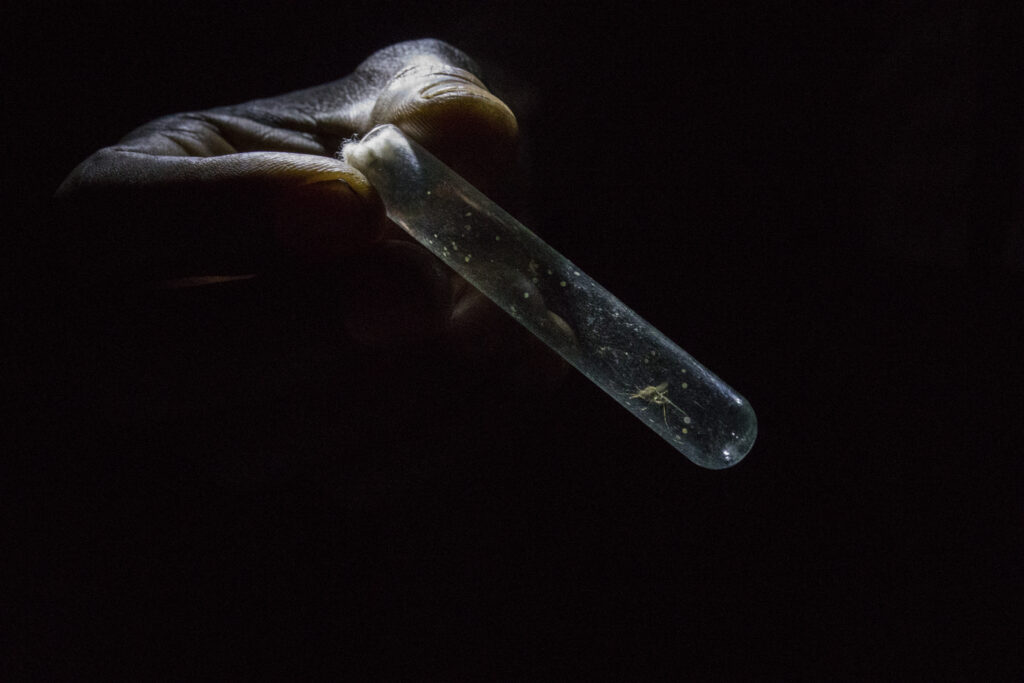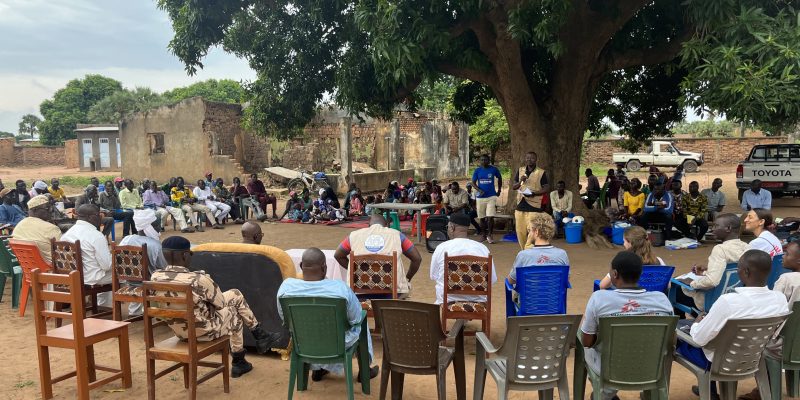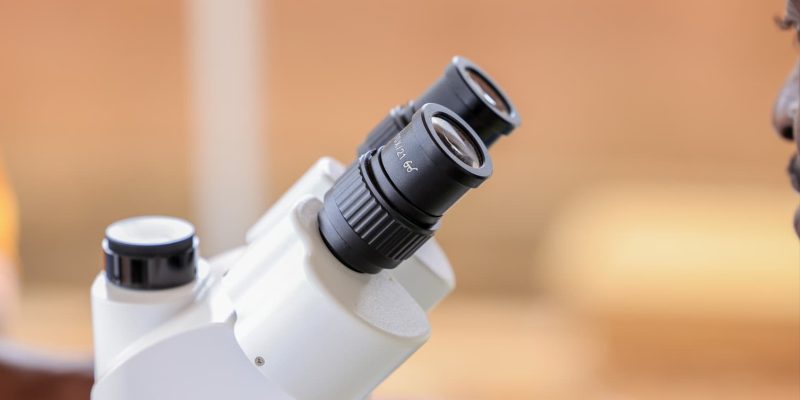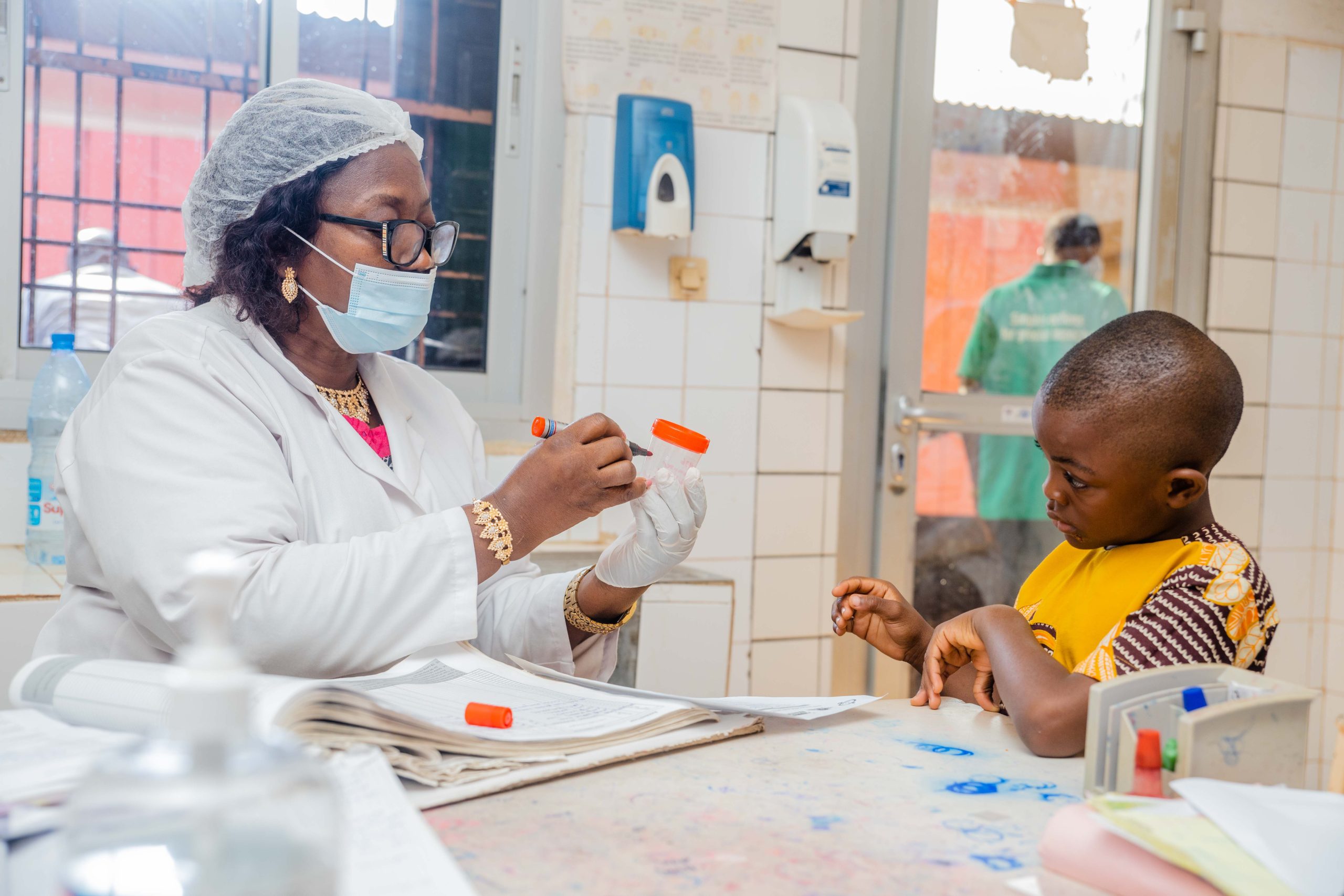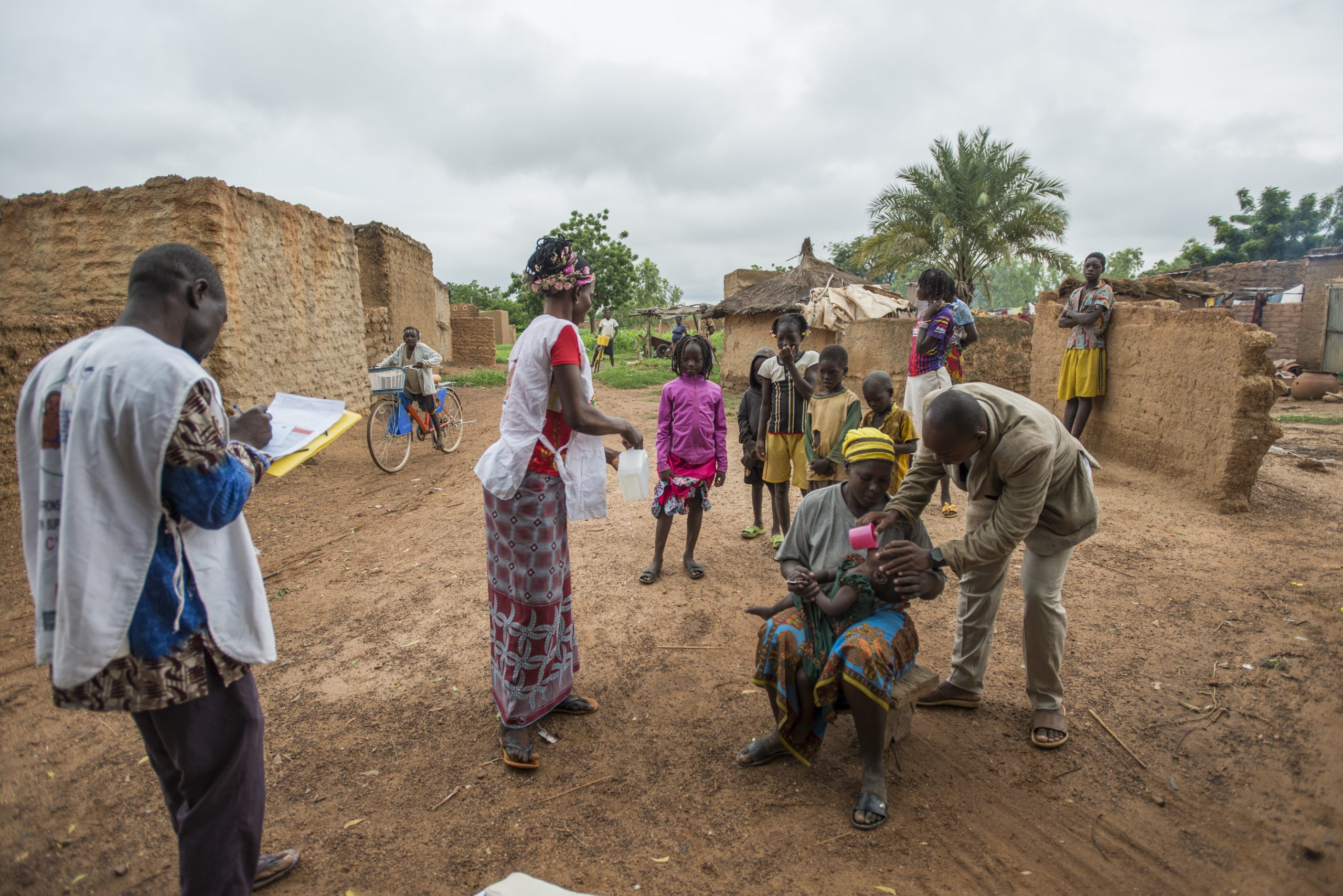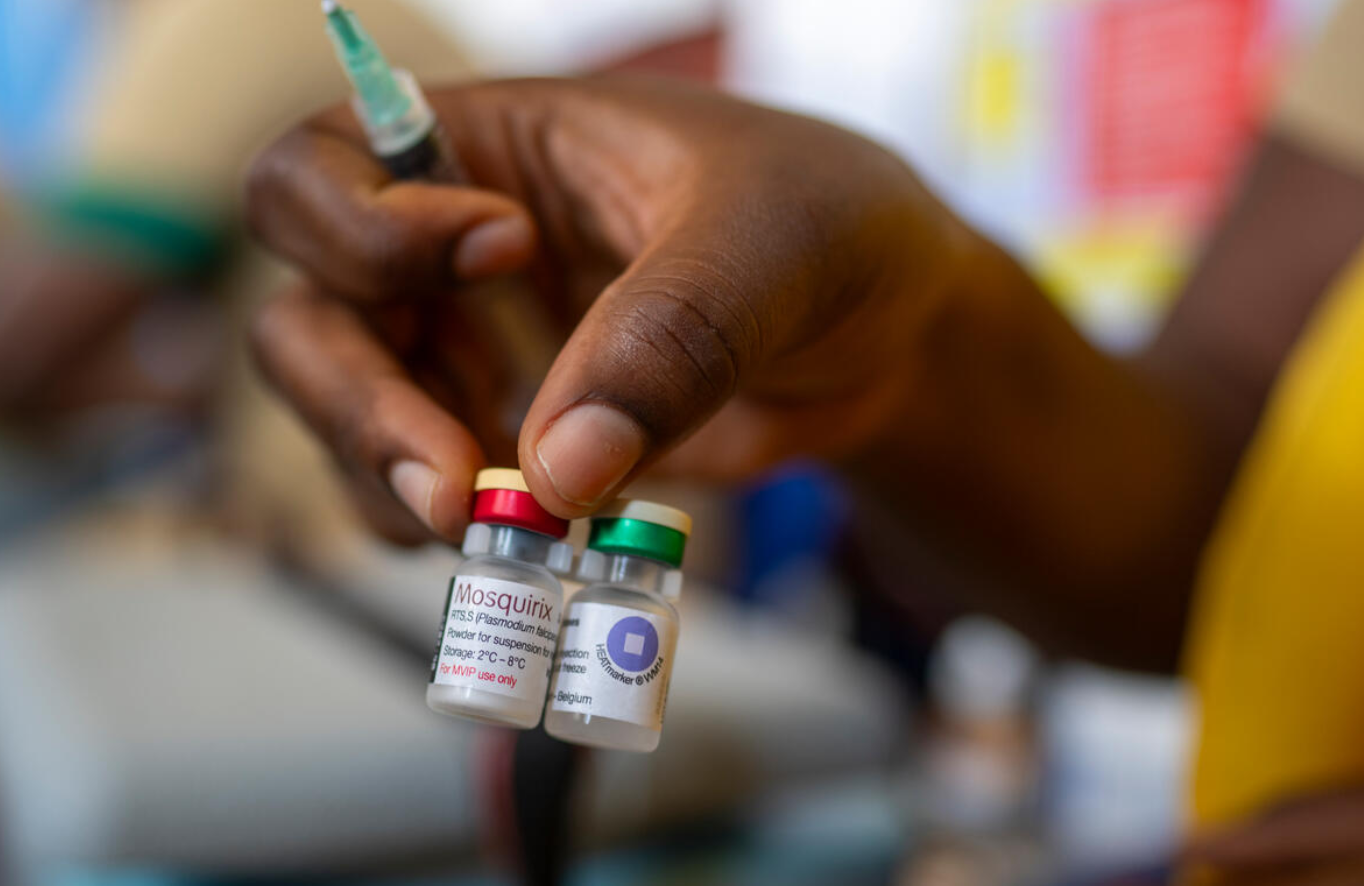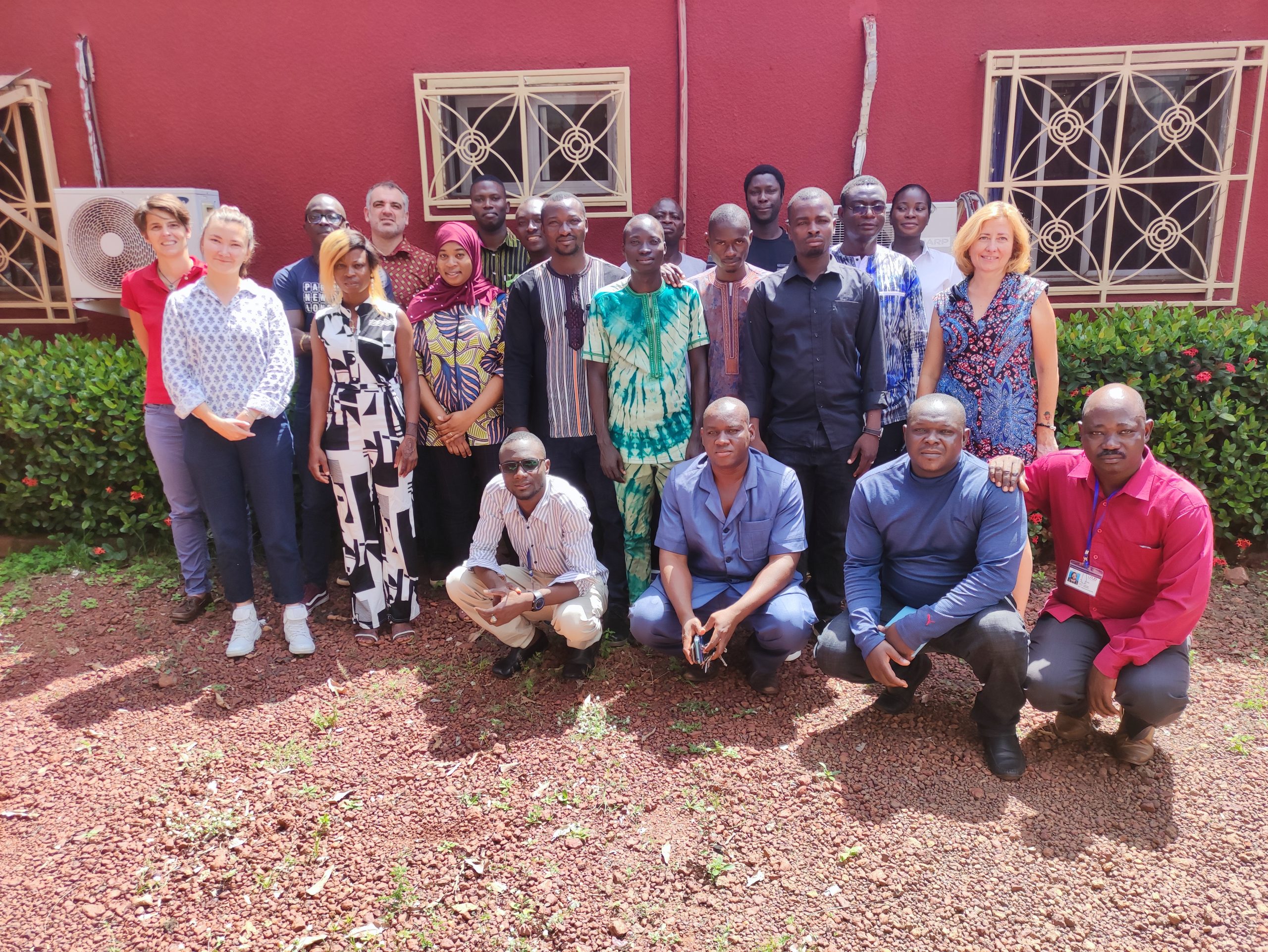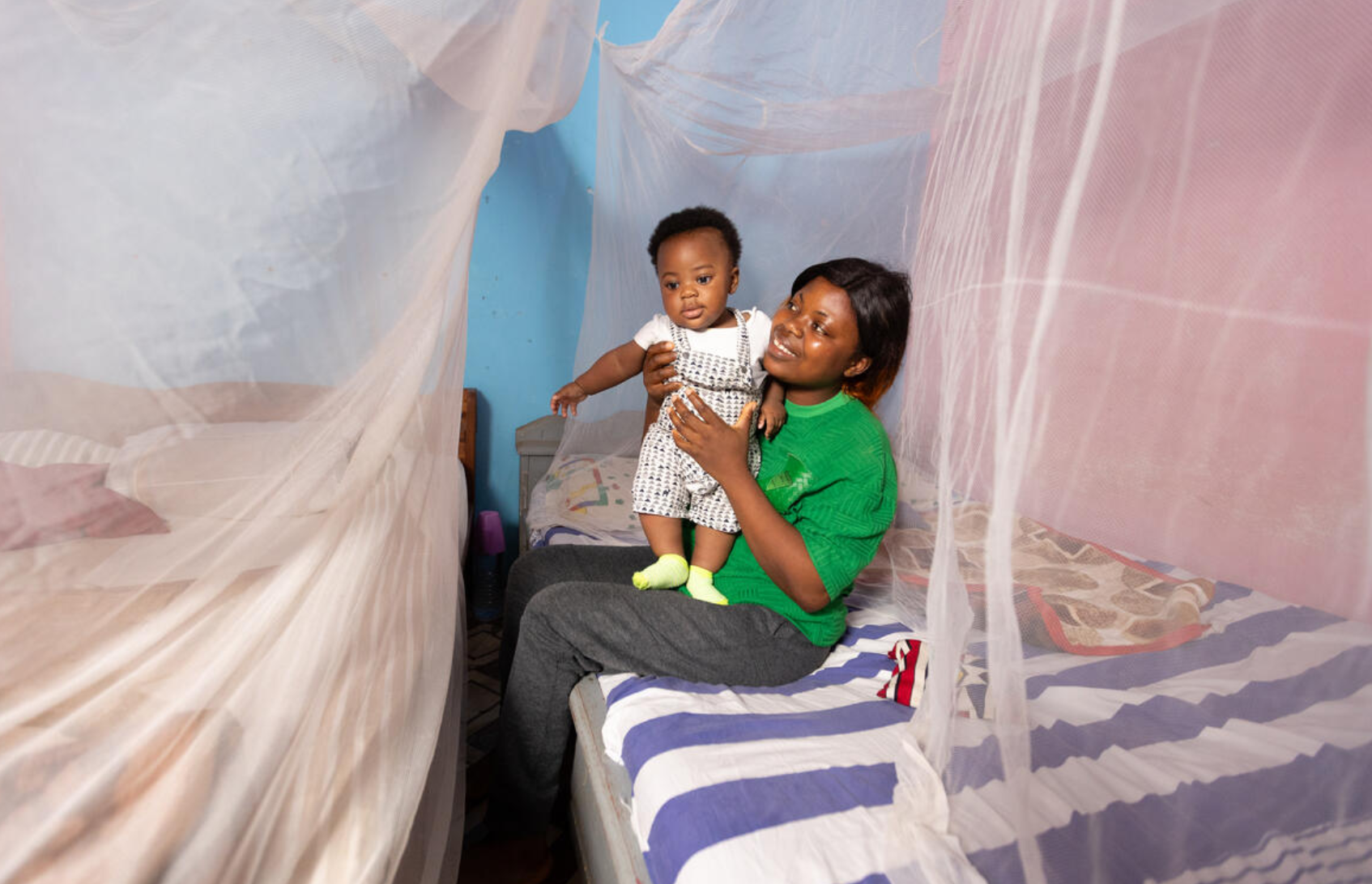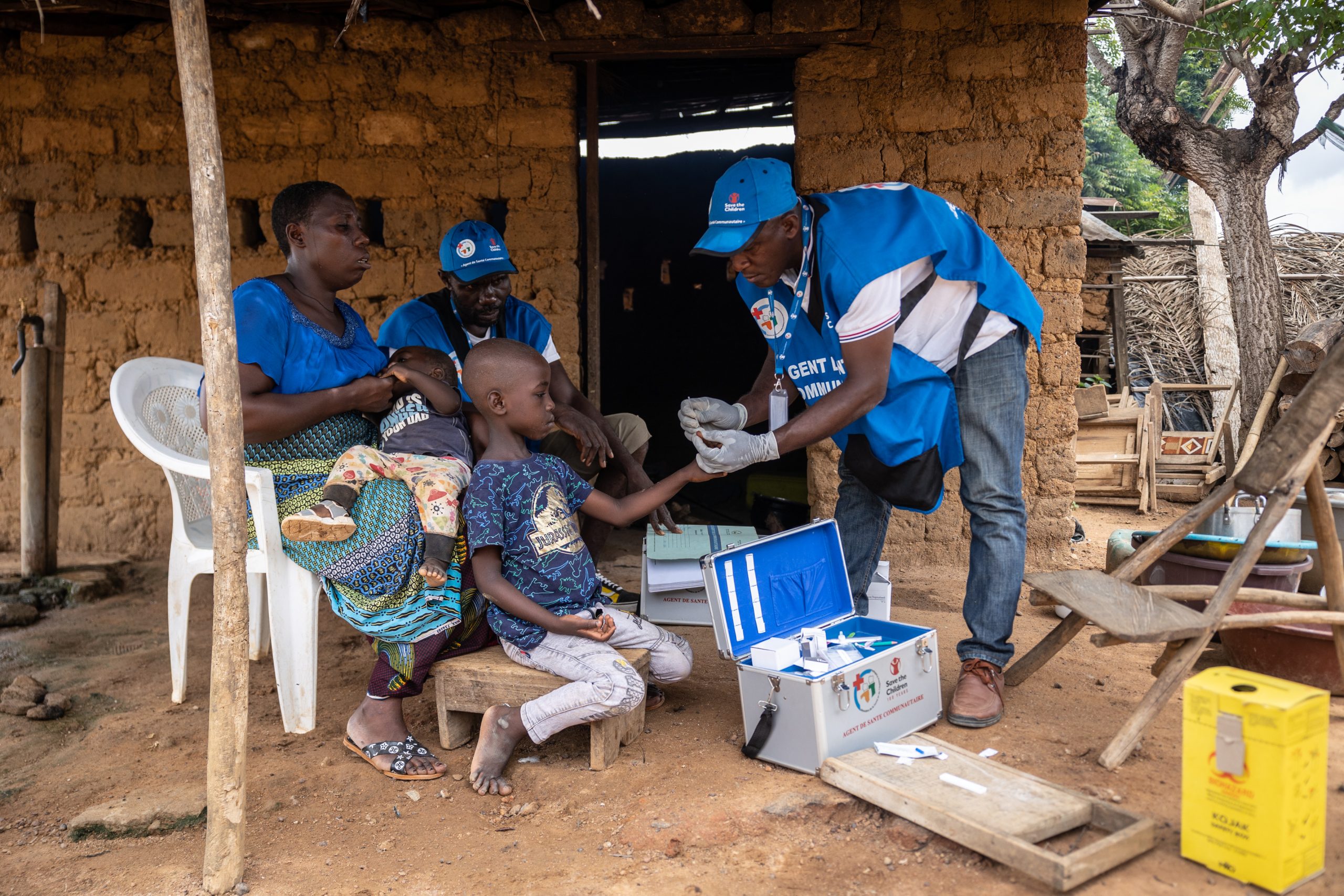To achieve malaria elimination, the Equity Access Malaria project enhances the engagement of civil society and local communities in implementing Cameroon’s National Malaria Control Strategic Plan (NMCSP) at both local and national levels.
Context
Cameroon ranks among the ten countries most affected by malaria globally. This situation is largely due to low levels of knowledge, prevention and access to diagnosis and treatment of malaria. Additionally, socio-cultural perceptions, particularly those related to gender, create inequalities that further hinder vulnerable populations from accessing care. Consequently, children and pregnant women are at heightened risk of contracting this treatable and easily preventable disease.
Description
To enhance the involvement of civil society and communities in the implementation of the Strategic Plan to combat malaria, the Equité Accès Palu project aims to:
- Strengthen the National Malaria Control Program (NMCP) – Civil Society for Malaria Elimination (CS4ME) taskforce by developing a partnership between the NMCP and civil society organizations (CSOs), and by utilizing malaria data for collaborative analysis and more robust advocacy strategies.
- Improve access to malaria control resources at the community health worker level, particularly targeting the most vulnerable populations in four districts.
- Demonstrate the effectiveness of civil society in mobilizing efforts and creating a more inclusive malaria control environment that integrates gender concerns, thereby improving access to malaria control services for vulnerable groups.
Impact
The project aims to demonstrate that civil society can be a crucial player in the journey toward malaria elimination and drive meaningful change by:
- Fostering collaboration between civil society and the NMCP in data utilization and advocacy;
- Enhancing the supply of malaria control resources through effective advocacy and strategic partnerships;
- Promoting gender-sensitive community behaviors.
